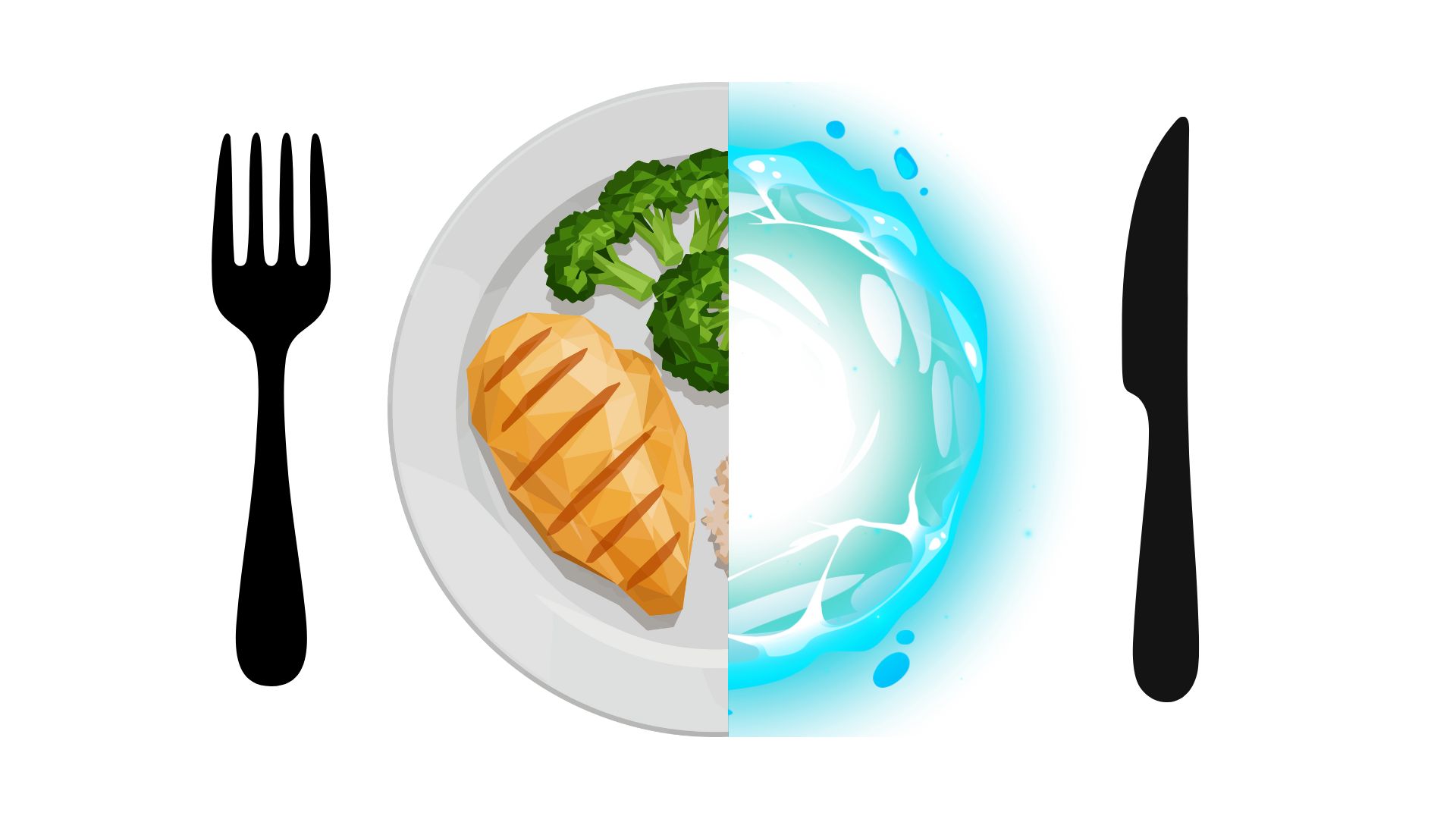Commentary
Protecting Our Oceans for the Future

Editor’s note: This is one in a continuing series of guest opinions about fostering environmental stewardship. The current columns focus on the perspectives of Youth Corps members and other youth about the future and the importance of stewardship. The series is coordinated by ACES, the Alliance of Climate and Environmental Stewards.
Kylie Woekel, NHS, Senior
COVID-19 has both positive and negative effects on climate change.
The positive effects include less air pollution due to less transportation and international travel. Also, more European countries such as Germany and France are investing in electric vehicles which will help reduce the amount of carbon dioxide in the air. Perhaps the most significant negative effects is more plastic being used: in masks, gloves, disposable shopping bags and plexiglass dividers in stores. There are masks and gloves found on the street and in the ocean. It was estimated in March that by 2021 there will be over 1 billion masks that have entered the ocean. It takes about 450 years for a face mask to fully dissolve. Even with all the benefits of the reduced transportation and increase of electric vehicles, COVID causes more negative climate change impacts than positive ones. Just last March was recorded as the second warmest March in history.
Josie Palma NHS, Freshman
All over the world, currents are pulling together trash floating in the ocean to create huge patches of trash.
Hearing about the trash and debris in our oceans for the first time made me realize how big of an impact everyone has on the earth. Every plastic water bottle I’ve finished, every straw I’ve used, all the plastic wrappers I’ve thrown away could have contributed to these piles. In that manner, I could be putting the lives of marine animals at risk. The ocean has always been special to me, as it’s a place I can relax and spend time with my family and friends. Realizing with more clarity that I could be part of the problem of pollution in the ocean, has made me commit to be a greater part of the solution.
Audrey Cooper, NHS, Junior
What if someone filled your house with trash?
Wouldn’t this make you angry and confused? Well this is what thousands of marine animals go through every day. Humans are merely just visitors of the ocean, and we repay the animals by trashing their home? Haven't your parents taught you better? Traveling to beaches around the world and living in a beachy town has taught me to love the ocean and inspired me to help spread the word on keeping trash away from the environment. According to Ocean Conservation, an advocacy group for cleaner waters, “a million metric tons of plastics enter our ocean on top of the estimated 150 million metric tons that currently circulate our marine environments.” If we keep up at this rate, the Ocean Conservation argues that “By 2050, ocean plastic will outweigh all of the ocean’s fish.” If we all work together to recycle, stop littering, and clean the already polluted beaches, then we can prevent a permanent world altering disaster.
This column was coordinated by ACES YOUTH CORPS member, Caleb Bradshaw. To share any comments or questions, please send an email to acesnewburyport@gmail.com. To learn more about ACES, please view our WEBSITE – https://www.aces-alliance.org
.svg)


.jpg)
.jpg)
